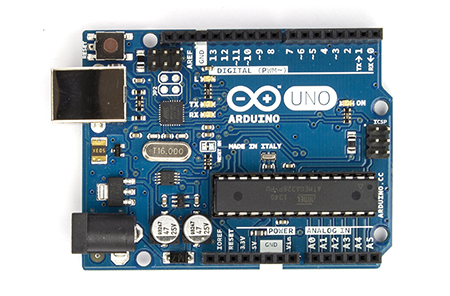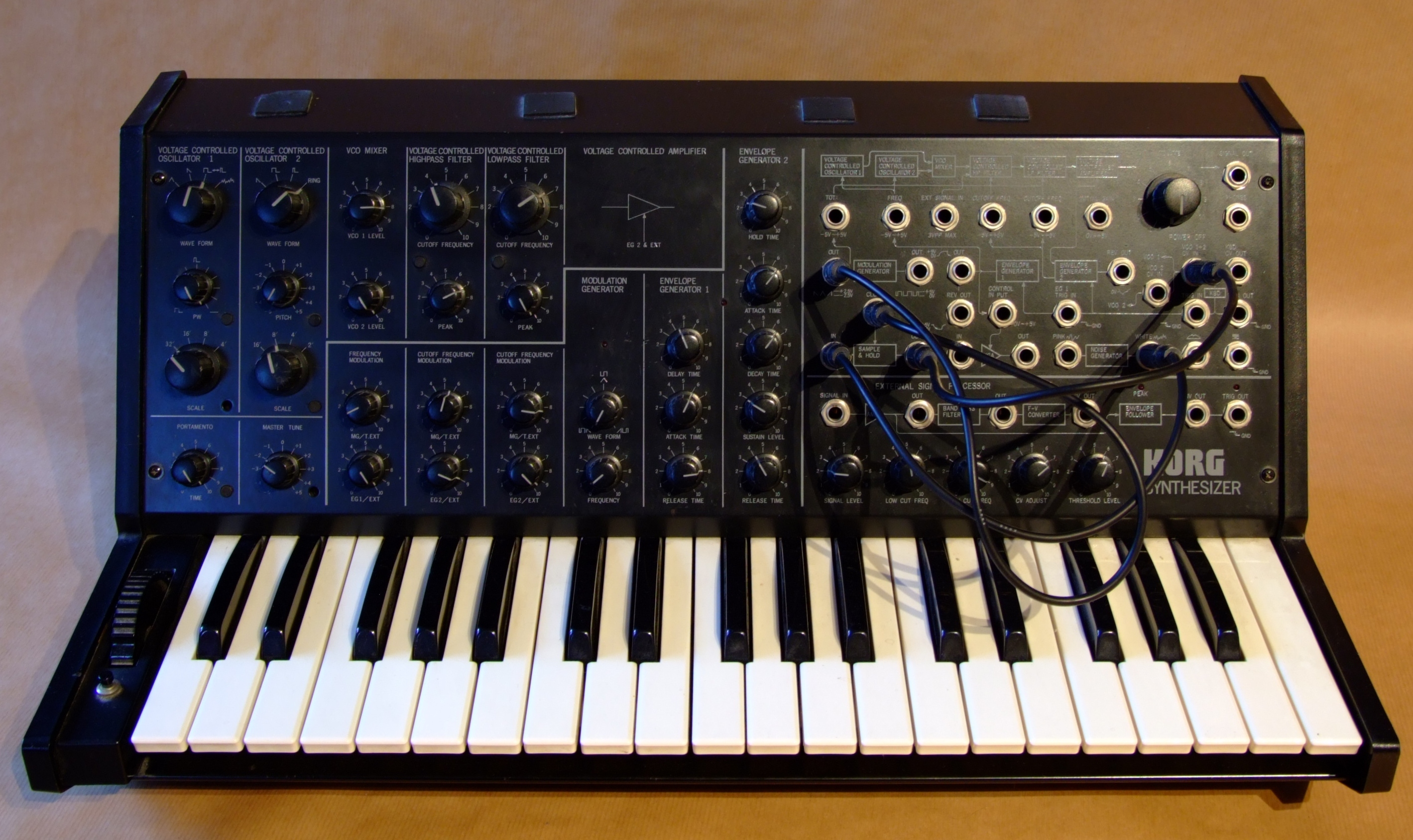PHYSICAL COMPUTING JTERM
Microcontrol of a Macroworld: Physical Computing With Max and Arduino – J-term 2016

This course introduces students to established and emerging practices in physical computing. Physical computing is an important and evolving branch of digital media arts that explores the many ways humans interact with machines to enhance creative expression and production.
In this course, students will employ advanced digital tools to harness real-world data, such as environmental conditions and human interaction, to create and manipulate video, audio, 3D animation, and other contemporary forms of digital media. Students will gain basic electronics, programming, and design skills through soldering logic circuits, interfacing sensors and actuators with Arduino microcontrollers, building multimedia software applications, and using 3D printers to manufacture physical interfaces for their interactive creations.
You will get a kit containing essential tools, components, and an Arduino that you get to keep after the class.


